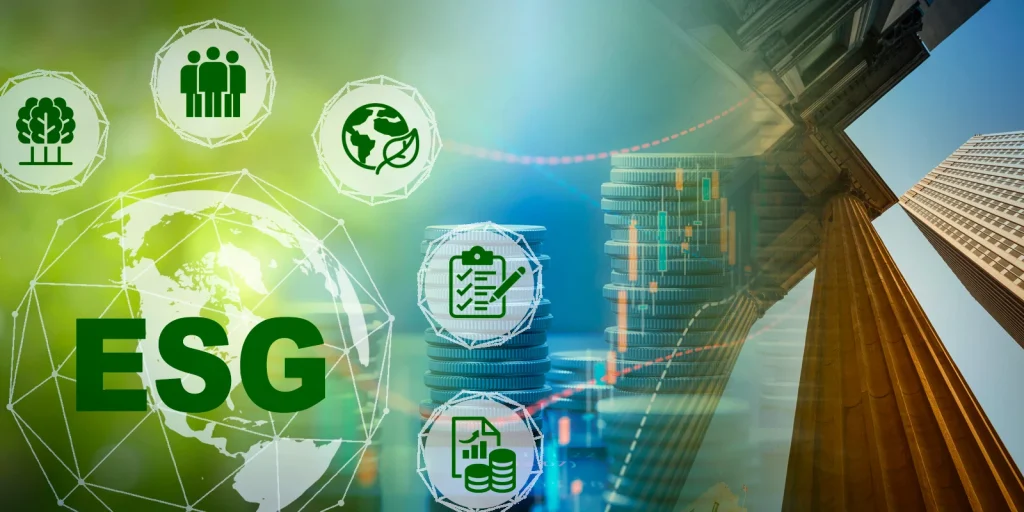The Relationship between ESG Sustainable Development and International Standards (ISO)
The International Organization for Standardization (ISO) supports the implementation of ESG sustainable development. It provides a series of international standards—such as ISO 14001, ISO 26000, and ISO 45001—to help companies establish structured processes in environmental management, social responsibility, and governance. These standards are highly aligned with the three core pillars of ESG sustainable development.
🔹 ISO 14001 Environmental Management Systems
In response to ESG requirements – Environmental: Carbon reduction and resource management
Function: Establish an environmental management system and performance indicators. This enables companies to identify, measure, and improve their environmental performance, aligning with the key performance indicators (KPIs) outlined in ESG reports
🔹 ISO 26000 Social Responsibility
🔹 ISO 45001 Occupational Health and Safety Management Systems
In response to ESG requirements – Social: Labor rights and human rights
Function: Provide guidelines on social responsibility and occupational health and safety, covering topics such as human rights, labor, environment, and community engagement. These areas significantly overlap with the social and environmental dimensions of ESG.
🔹 ISO 9001 Quality Management Systems
🔹 ISO 37001 Anti-Bribery Management Systems
In response to ESG requirements – Governance: Information transparency and risk management
Function: Strengthen governance and anti-corruption systems by helping companies establish institutionalized mechanisms for integrity and ethical management.

